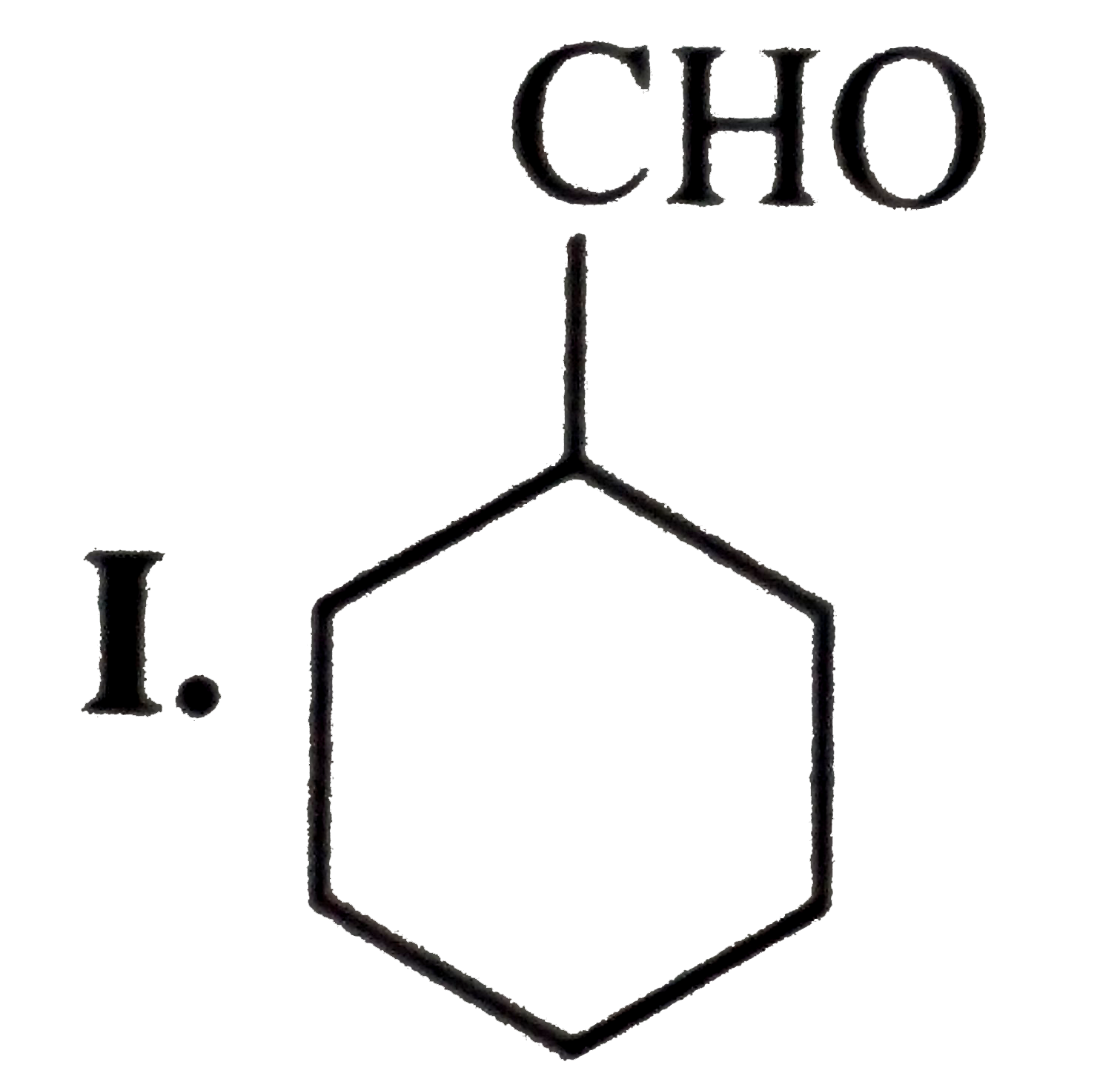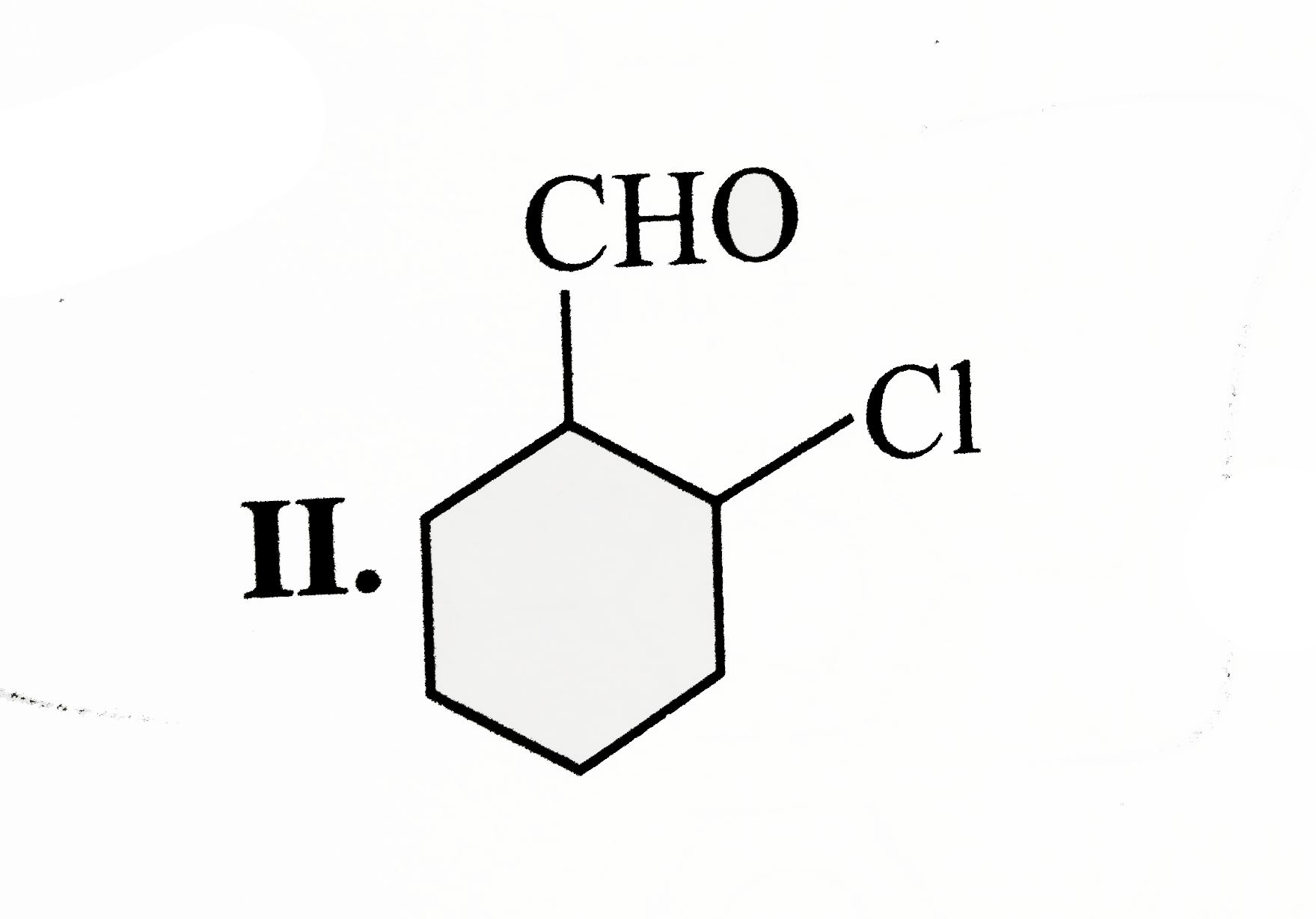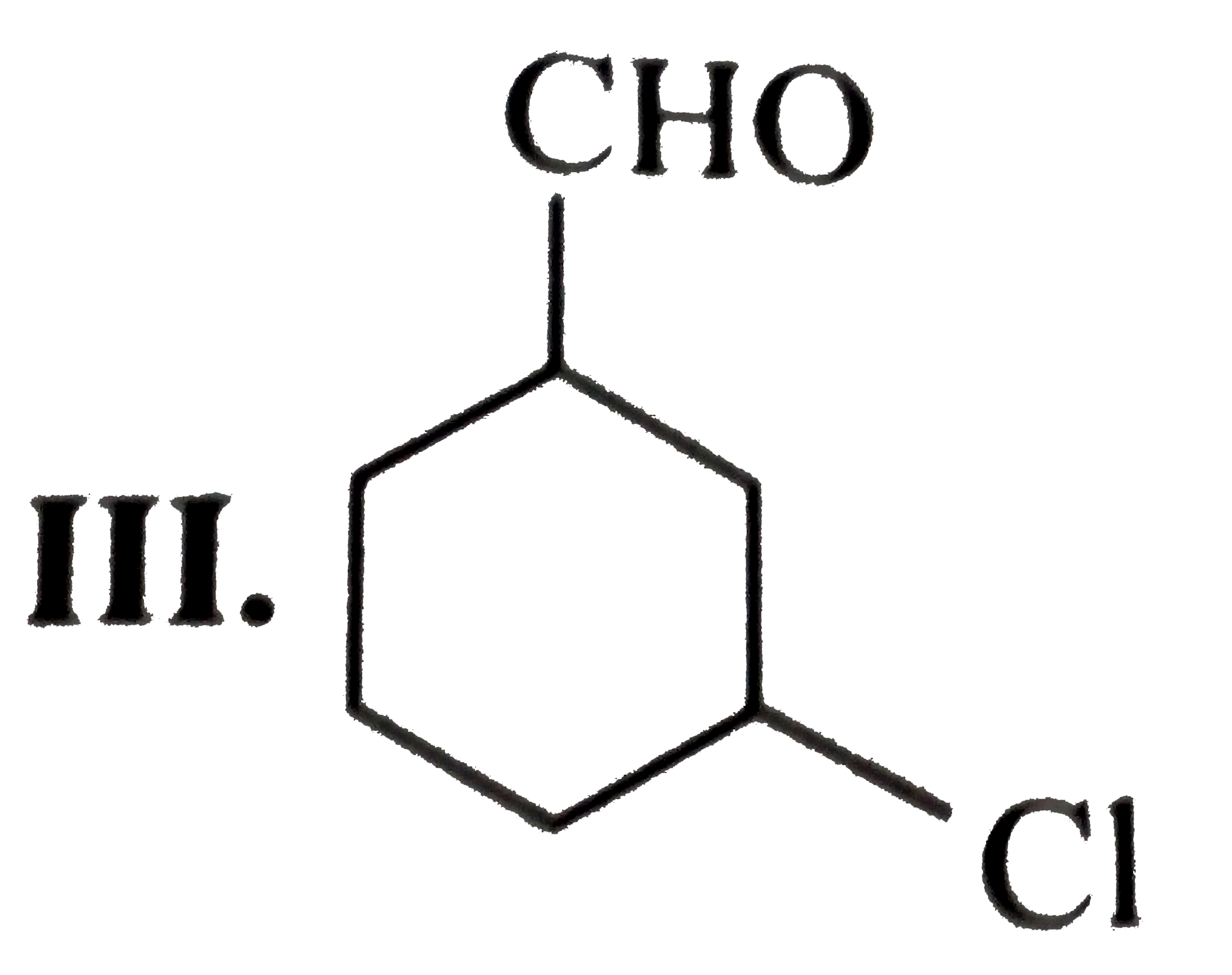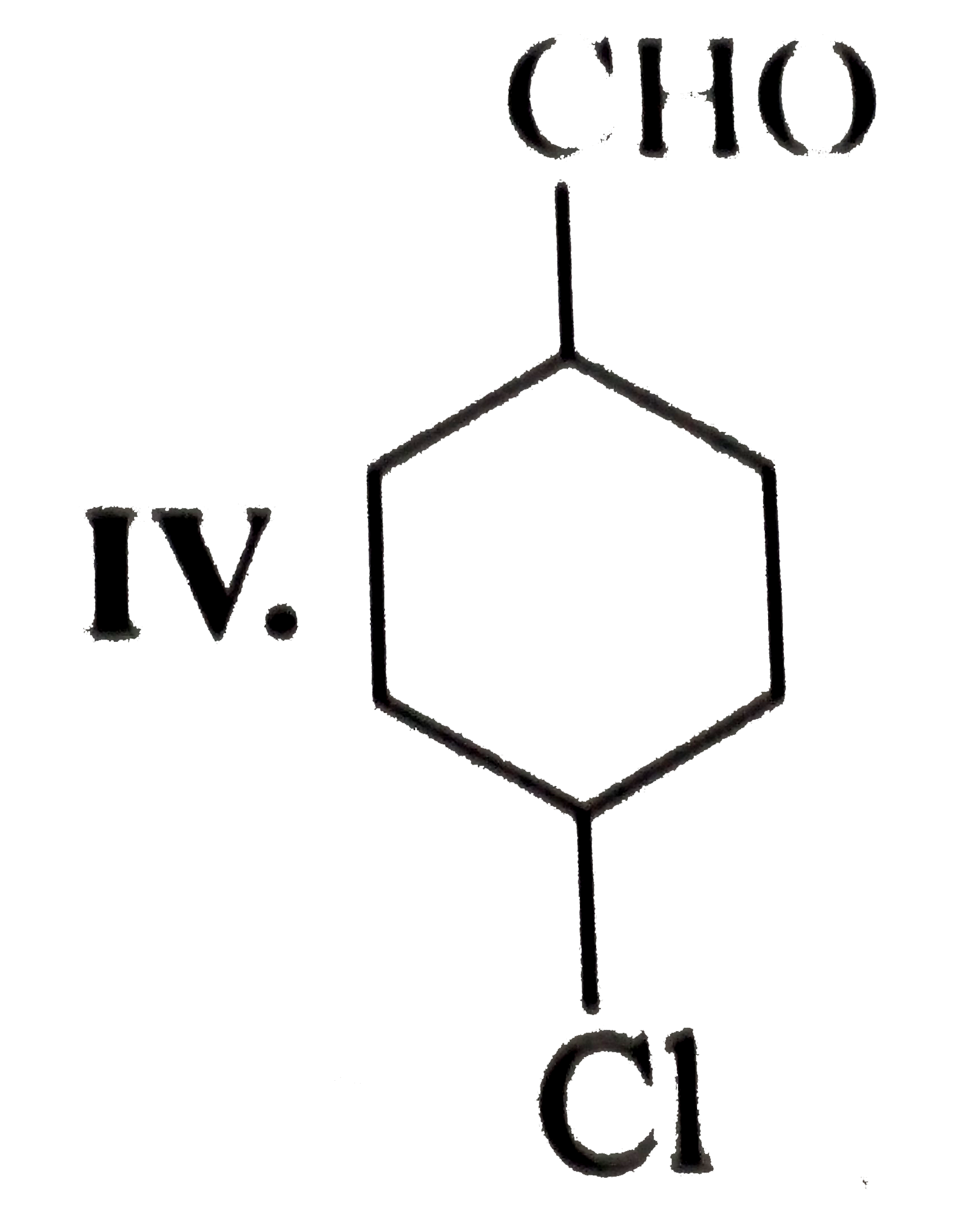Give reasons for the following :
(i) Methane does not undergo addition reactions, but ethene does.
(ii) Ethyne is more reactive than ethane.
(iii) Hydrocarbons are excellent fuels.
Ethane is a saturated hydrocarbon, while ethyne is an unsaturated hydrocarbon with triple bond which can undergo addition reaction, hence is more reactive than ethane.
Topper's Solved these Questions
- CHEMISTRY-2013BOOK - ICSECHAPTER - CHEMISTRY-2013EXERCISE - SECTION-II (40 Marks)
48 Videos
- CHEMISTRY 2014BOOK - ICSECHAPTER - CHEMISTRY 2014EXERCISE - SECTION-II
55 Videos
- CHEMISTRY-2015BOOK - ICSECHAPTER - CHEMISTRY-2015EXERCISE - SECTION-II (40 Marks) Attempt any four questions from this Section.
49 Videos
Similar Questions
Give reasons for
Methane does not undergo addition reactions, but ethene does.
View SolutionGive reasons for the following in one or two sentences:
i. Methane does not react with chlorine in dark.
View SolutionGive reasons for the following in one or two sentences "Nitrobenzene does not undergo Friedel-Craft's alkylation."
View SolutionGive reasons for the following :
(i) Where R is an alkyl group, R3P=O exists but R3N=O does not.
(ii) PbCl4 is more covalent than PbCl2.
(iii) At room temperature, N2 is much less reactive.
View SolutionGive the structural formula for the following:
(i) Methanoic acid
(ii) Ethanal
(iii) Ethyne
(iv) Acetone
(v) 2-methyl propane.
View SolutionGive decreasing order of the following towards NA reaction.
I. II.
II. 
III. IV.
IV. 
View SolutionEthanal is more reactive towards nucleophilic addition reaction than propanone. Why ?
View SolutionAssertion : Phenol undergoes Kolbe's reaction whereas ethanol does not .
Reason : Phenoxide ion is more basic than ethoxide ion .
View SolutionGive balanced chemical equations for the following conversions :
(i) Ethanoic acid to ethyl ethanoate.
(ii) Calcium carbide to ethyne.
(iii) Sodium ethanoate to methane.
View SolutionGive reasons for the following:
(i) tert-buty lbenzene does not give benzonic acid on treatment with acidic KMnO4.
(ii)Normally, benzene gives electrophilic substitution reaction rather than electrophilic addition reaction although it has double bond.
View Solution
